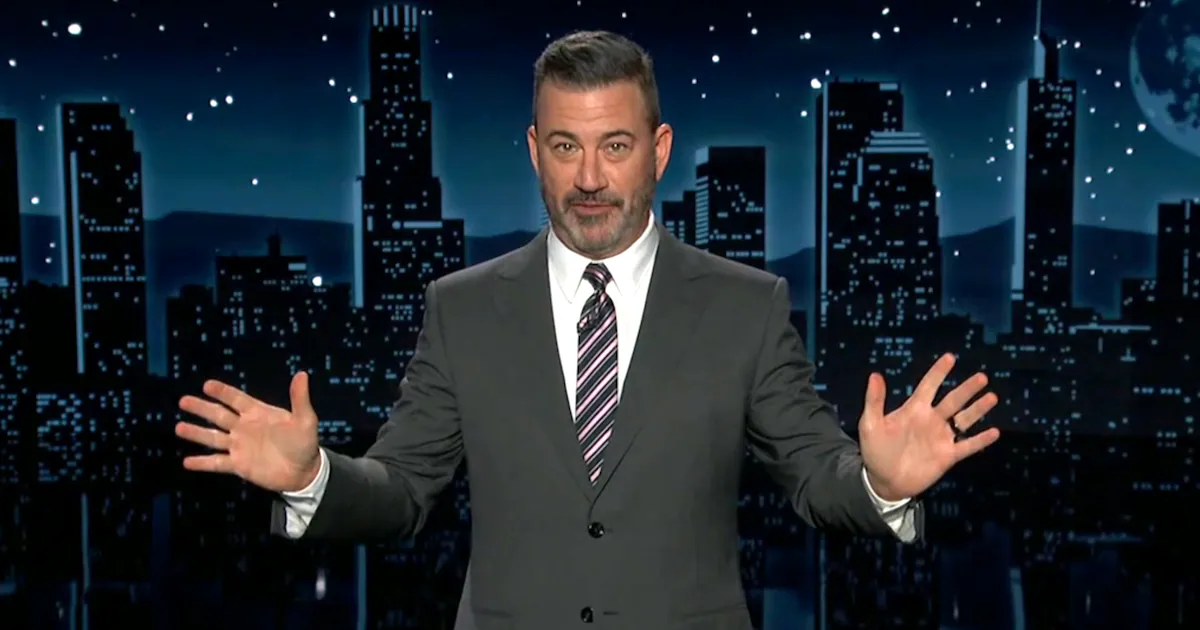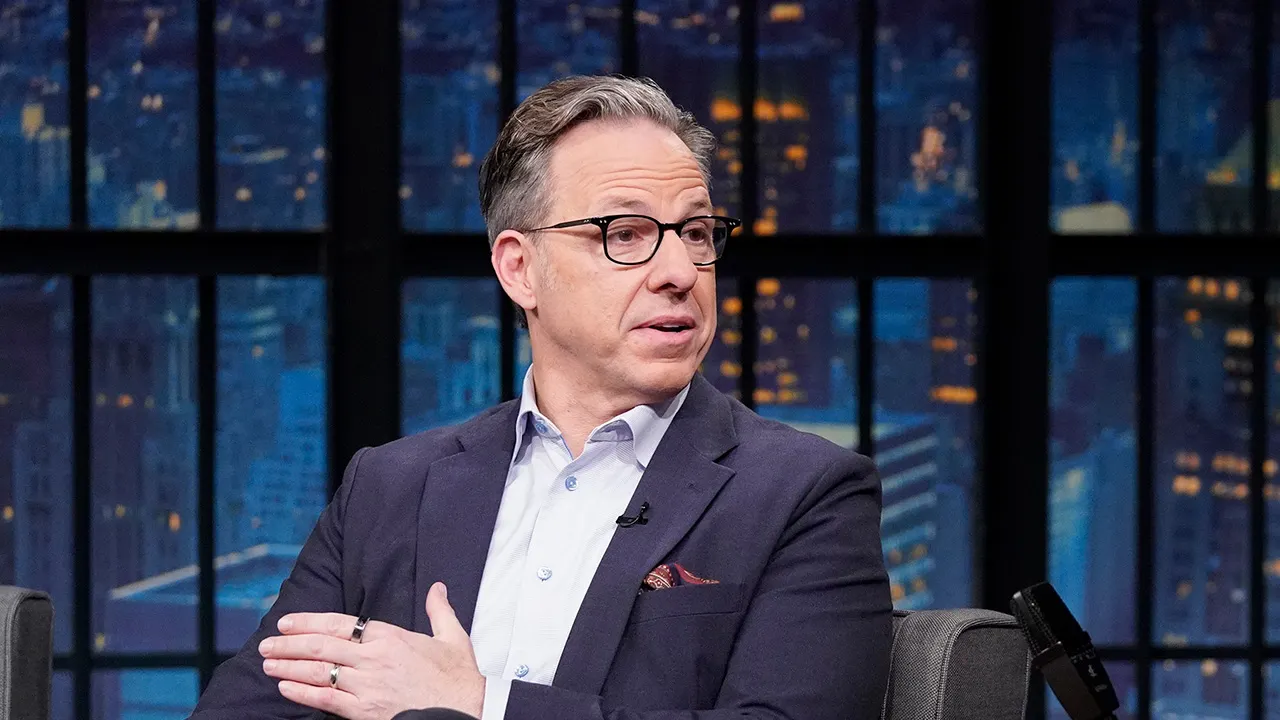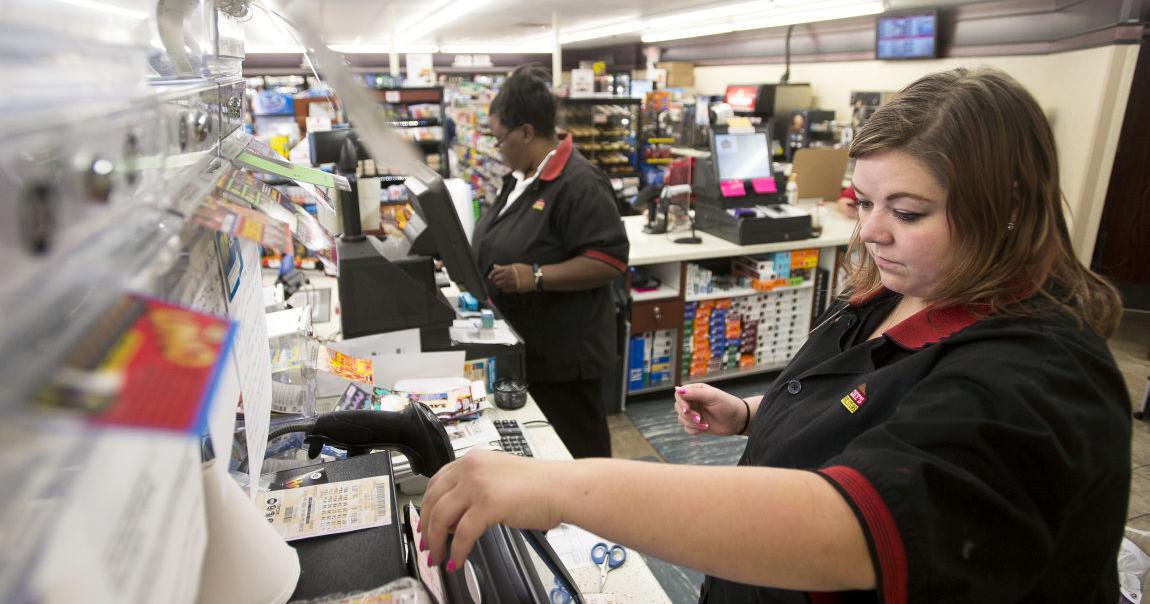Copyright The New York Times

It is the 29th day of the government shutdown, and the pain for certain groups of people, like federal workers, has been profound. But a curious feature of this shutdown is how little the broader public seems to care about it, at least compared with previous shutdowns. My colleague Ruth Igielnik, The New York Times’s polling editor, told me this is backed up by data. When the government shut down during President Trump’s first term, 65 percent of Americans said it was a major problem for the country, according to polling from The Associated Press and the NORC Center for Public Affairs Research. When the pollsters asked the same question this month, that figure fell to about half. This might be because the public has, over the years, become inured to the choreography of partisanship that turns off the government lights. It could also be because so many core functions of government are preserved during a shutdown — in polling taken by The Economist and YouGov this month, just a little over 20 percent of Americans said the shutdown affected them at least somewhat. It’s possible that this could be about to change with the approach of Nov. 1, when some of the effects of the government funding lapse will become clearer. The pain is about to become more palpable. But the political fight over who is responsible for that pain — and exactly how it has been distributed — isn’t going anywhere. A confluence of pain points The pain of a government shutdown isn’t something that gets a little worse, day by day. It happens in fits and starts, as one pot of money runs out, or another paycheck comes due. This week, a number of pain points, both caused directly by the shutdown and not, have struck, or soon will. Air traffic controllers missed their first full paycheck of the shutdown on Tuesday, which union officials and Transportation Secretary Sean Duffy warned would make a complex system less safe. They are some of more than a million federal workers now going without pay. About 42 million Americans could lose access to monthly nutrition assistance in November, after the Trump administration said, in a break with precedent, that it would not tap into leftover emergency funds to keep the program running. Funding for other antipoverty programs, like Head Start, the Women, Infants and Children nutrition program and low-income heating assistance, is growing increasingly uncertain. Open enrollment for Obamacare begins Saturday, when many users will sign up for the sharply increased premiums that are the result of expiring health care subsidies that Democrats have made central to the standoff. In other news, it’s all getting real — though, as my colleagues Carl Hulse and Catie Edmondson write, it’s not clear that will be enough to break the impasse. When pain is politics Other potential effects of the shutdown aren’t being felt because the Trump administration has flexed its power — selectively and sometimes dubiously — to keep a lid on them. Take military pay. My colleague Tony Romm has explained how the administration has redirected congressionally enacted spending to keep troops and federal law enforcement officials paid during the shutdown. (Vice President JD Vance told congressional Republicans on Tuesday that troops would get their paychecks this week, although it’s not entirely clear where that money will come from.) The budget director Russell Vought calls it “budgetary Twister,” while scholars and budget experts questioned the legality of the moves. “The Trump administration has used more discretion in how they take actions to both cause and alleviate pain during the lapse than any other administration — including the first Trump administration — has ever done during a shutdown,” said Devin O’Connor, a senior fellow at the left-leaning Center on Budget and Policy Priorities who worked for the Office of Management and Budget during the Obama administration. Democrats and even some conservatives have criticized the administration for being willing to bend the rules to stop certain shutdown impacts while declaring that they can’t do anything to keep food benefits flowing in November, prompting skepticism from legal experts. At the same time, the administration has cut billions of dollars in grants and other funding for blue states. “I’m of the view that it should be all or nothing,” said Scott Lincicome, the vice president for general economics at the libertarian Cato Institute. “I don’t like politicians picking winners or losers in any situation.” Republicans like Senator John Barrasso of Wyoming say it’s Democrats who are wielding pain as a political tool by refusing to vote to reopen the government. Democrats fault Republicans, for refusing to negotiate over the health care subsidies. THE RECEIPTS What the Obamacare increases mean for one retiree Democrats say they have shut down the government because of Republican refusals to extend the subsidies — which they say drive up overall insurance costs — that have kept the price of health insurance more manageable for consumers who buy it through the marketplaces established by the Affordable Care Act. On Tuesday, the Trump administration released a preview of the available 2026 Obamacare plans in 30 states, which gave Americans a concrete look at just how much their prices will go up. Sue Monahan, a former university administrator in Oregon who is now retired, paid $439 a month for her coverage in 2025 after receiving a federal tax credit that covers roughly half of the premiums for her plan. When she went to shop for next year’s plan, she learned that the monthly cost would jump to $1,059 for the same plan with an annual deductible of $7,100.



